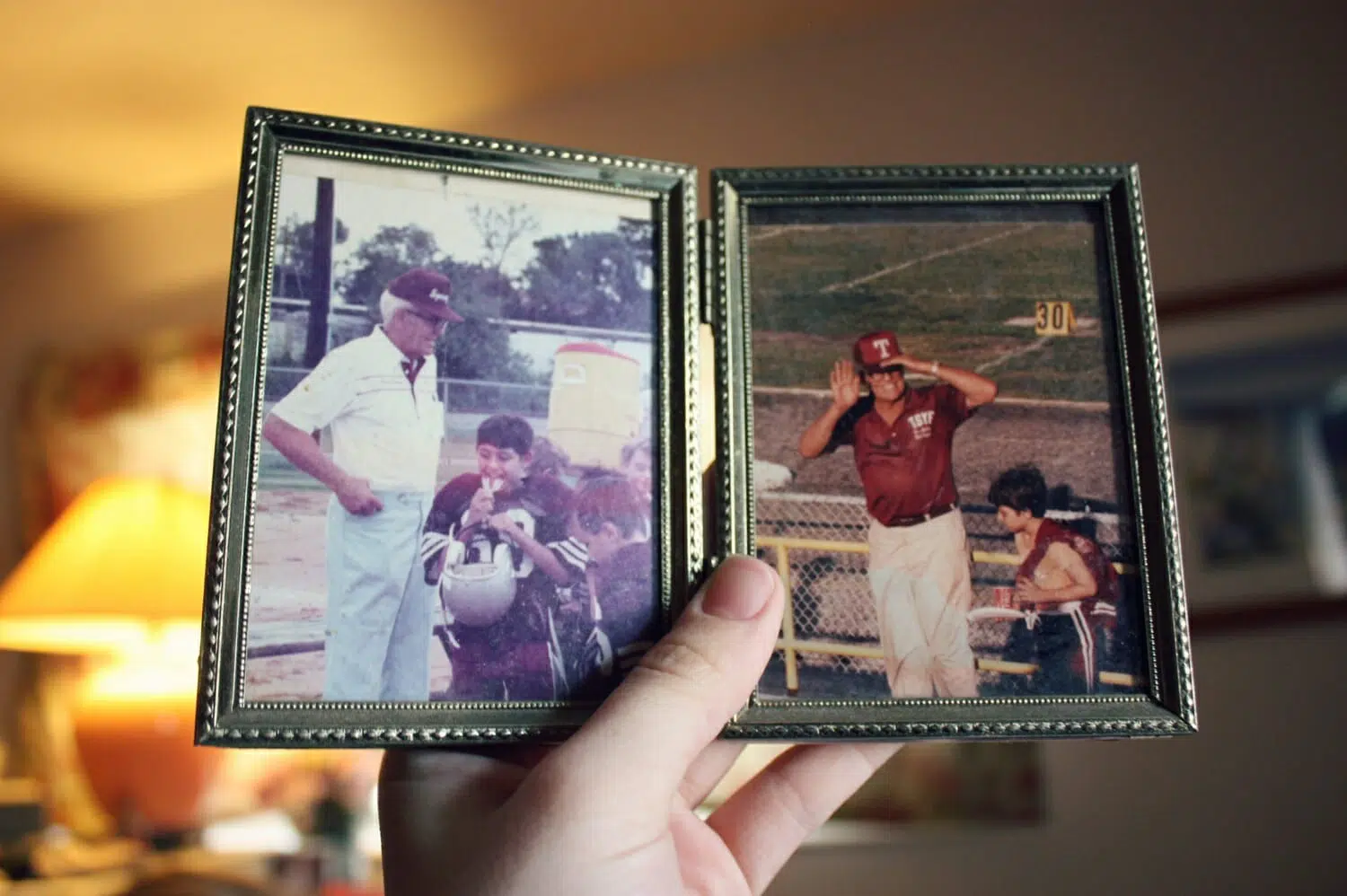In many Virginia families, grandparents play a central role in their grandchildren’s lives. When parents divorce, grandparents on both sides still prize their connections to their children’s children. The Virginia courts, too, recognize the rights of grandparents. With grandparents’ rights, however, come responsibilities to defend those rights.
Grandparents’ Rights Enshrined in Virginia Law
If you, as a grandparent, have “a legitimate interest” in your grandchild, you are protected by the Code of Virginia under Title 20, Chapter 6.1, § 20-124.1 and § 20-124.2. The first section codifies your role:
“Person with a legitimate interest” shall be broadly construed and includes, but is not limited to, grandparents, step-grandparents, stepparents, former stepparents, blood relatives and family members provided any such party has intervened in the suit or is otherwise properly before the court. The term shall be broadly construed to accommodate the best interest of the child…” [Emphasis added]
Notice that, simply because a grandparent has rights, the court does not have to recognize those rights in a divorce proceeding (for purposes of custody and visitation) unless the grandparent—we will assume that is you—have intervened in the suit or is before the court.
Sitting on your porch fuming about the injustice of not seeing your grandkids does not qualify as appearing before the court. You need competent legal counsel to assert your rights, as pointed out in a recent article in the Culpeper Times.
Under § 20-124.2, subsection B, the Code of Virginia recognizes that you, as the grandparent, stand able to take sole or shared custody of your grandchild, so long as the court is satisfied you are doing so in the “best interests of the child”:
“In determining custody, the court shall give primary consideration to the best interests of the child. The court shall assure minor children of frequent and continuing contact with both parents, when appropriate, and encourage parents to share in the responsibilities of rearing their children. As between the parents, there shall be no presumption or inference of law in favor of either. The court shall give due regard to the primacy of the parent-child relationship but may upon a showing by clear and convincing evidence that the best interest of the child would be served thereby award custody or visitation to any other person with a legitimate interest. The court may award joint custody or sole custody.” [Emphasis added]
Can Grandparents Get Custody?
As the grandparent, you are not first in line to receive shared or sole custody of your child’s children. The court is predisposed to consider the parents’ rights first, which means you bear the burden of rebutting that presumption.
Fighting for custody of your grandchildren means waging a legal war on two fronts: against your child’s spouse and against your own child. You need experienced legal help to tackle that challenge.
The legal burden for grandparents comes from a Virginia case, Bailes v. Sours, where the Supreme Court of Virginia set out five ways to rebut the presumption that the parents are the best choice for custody:
- Parental unfitness
- Previous order of divestiture
- Voluntary relinquishment
- Abandonment
- Special facts and circumstances constituting an extraordinary reason for taking a child from its parent or parents
An easier legal battle, and one that preserves your enjoyment of the grandchildren without the legal and financial onus of custody, is carving out visitation rights.
Can Grandparents Get Visitation Rights?
Since the Code of Virginia legally recognizes your role as a person with a legitimate interest in the healthy upbringing of your grandchild, you can request visitation. The main contentious issue here is frequency, and a judge will generally defer to the non-custodial spouse (in cases of sole custody) for first “dibs” at visitation.
The cold reality of the courthouse may come as a shock to many well-meaning grandparents. The judge is not interested in making you, the grandparent, feel better. The overriding consideration is what your grandchild needs, so you may have to submit to an independent mental health or psychological evaluation. Do not take this personally; your grandchild may have to endure the same type of interview. A court-appointed medical professional will seek to determine what benefits to the child any visitation with you might offer.
This also empowers you and your lawyer to demonstrate that your grandchild could be harmed by not having visitation with you. Though this is a very high standard—a trout fishing trip to Hogue Creek in Frederick County may not be considered critical to your grandchild’s mental health—you and your lawyer may be able to get a mental health professional to speak to the court about the value of preserving your relationship.
Contact Local Custody & Visitation Lawyers
The burden is on you as the grandparent to defend your rights, so the advice and experience of a knowledgeable attorney is paramount. Contact The Firm for Men today at 757-383-9184 to speak with one of our experienced child custody and visitation lawyers. We’ve been serving Virginia Beach, Chesapeake, Norfolk, Portsmouth, Suffolk, Newport News, and Hampton for over a decade!


